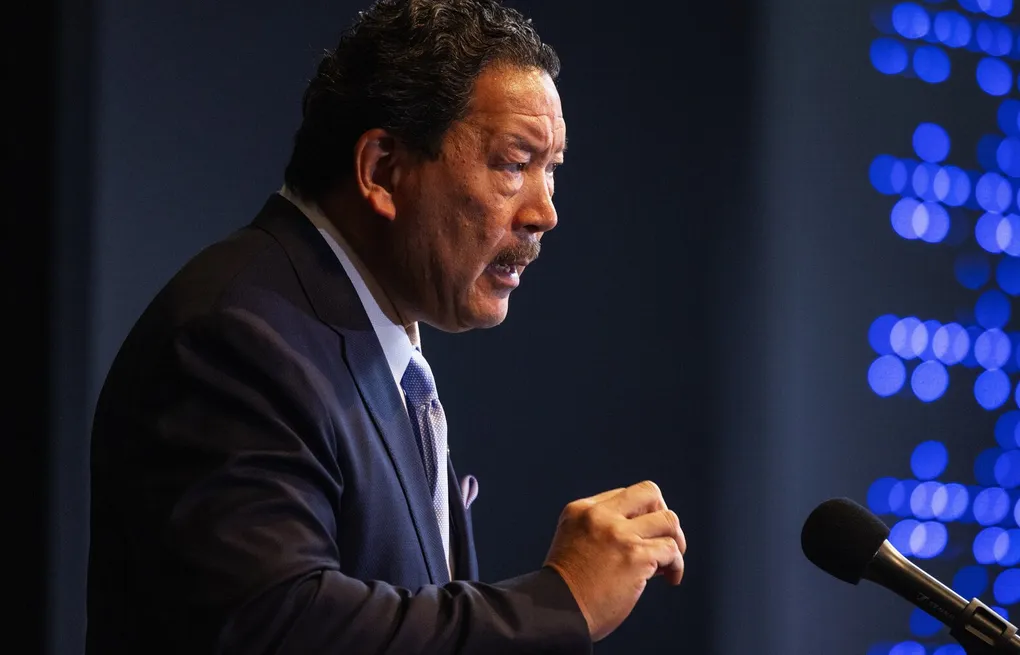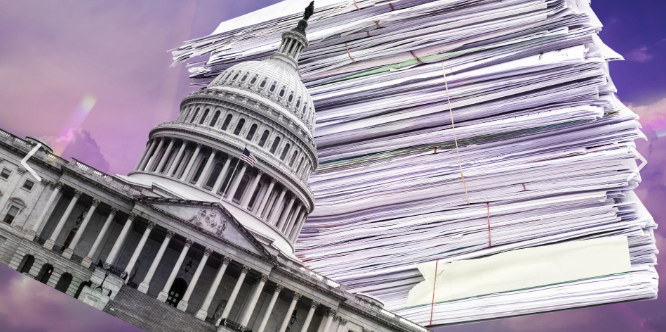Advocacy Update: July 2025
Policy Shifts in Seattle Impact LGBTQ+ and Allied Business
Dear GSBA Members,
Happy July! Pride Month may be behind us, but our celebration of community continues year-round. As the summer heats up, so does policy activity at City Hall—bringing new proposals that could significantly impact Seattle’s business landscape. Here’s what you need to know:

Major Victory for the Hate Crimes Hotline

Image: seattle.gov
Chronic Nuisance Ordinance
Seattle City Councilmembers Cathy Moore and Rob Saka have introduced legislation to amend the City’s Chronic Nuisance Property Ordinance. The proposed changes aim to:
- Expand qualifying activities: Adds liquor-related offenses to the list of nuisance activities, including unlicensed alcohol sales, sales outside of legal hours, and underage consumption.
- Broaden liability: Allows off-site activity—conducted by someone associated with a property and shown to have a connection—to count toward that property’s nuisance designation.
What this means: If passed, this ordinance could result in businesses being held accountable for certain off-site actions by their patrons. While this builds on rarely enforced existing laws, its expanded scope may raise concern for nightlife venues and small businesses.

image: The Seattle Times
Mayor Harrell’s Executive Order on Permitting Reform
Mayor Bruce Harrell has issued an Executive Order aimed at streamlining the permitting process for new housing and small businesses. It includes:
- Creation of a Permitting and Customer Trust (PACT) Team to make it faster and easier to navigate Seattle’s permitting system.
If you’ve experienced challenges or have ideas for improving the permitting process, reach out to us—we’re ready to advocate for your needs with the PACT team.
Proposed B&O Tax Rebalancing
Councilmember Alexis Mercedes-Rinck and Mayor Harrell have introduced legislation to reform Seattle’s Business & Occupation (B&O) tax. The proposal includes:
- Eliminating B&O taxes for businesses earning under $2 million annually (up from the current $100,000 exemption).
- Introducing a $2 million deduction for all businesses.
- Raising tax rates for larger businesses:
- Retail, wholesale, manufacturing, etc.: 0.342%
- Services and other sectors: 0.658%
Estimated 2026 Impact:
- $151 million in new revenue
- $28M offsets exemption loss
- $31M offsets deduction impact
- $90M supports general fund (with up to $30M to mitigate federal funding cuts)
GSBA’s Position on the B&O Tax
We’re encouraged by the relief this plan offers to 76% of Seattle’s small businesses. But we believe Seattle should explore more progressive solutions—such as a local wealth tax or a higher rate for the city’s largest earners—to protect small and medium-sized businesses from disproportionate harm.
Restaurants are especially vulnerable, as they often report high gross income but only 1–2% in actual profit due to operating costs. We’ve issued a full statement, which you can read on our social media: View GSBA Statement.

One Big Beautiful Bill: What’s at Stake for Washington State
The so-called One Big Beautiful Bill has passed the U.S. Senate and now heads to the House of Representatives for a vote on the amended version. While branded as a national security and budget reform measure, this legislation carries serious implications for our communities.
Key Provisions of the Bill:
- $350 billion allocated for expanded border wall construction and national security spending
- Significant cuts to Medicaid and food assistance, affecting an estimated 11.8 million Americans by 2034
- Reductions in federal support for green energy initiatives
- Limitations on fundraising capabilities for nonprofit organizations
According to the Washington State Hospital Association (WSHA), the bill will severely harm healthcare access and affordability across Washington. As WSHA put it:
“Offering this as a solution is like punching someone in the face and then offering them a bandaid.”
These sweeping funding reductions could destabilize the very systems Washingtonians rely on—particularly in rural and underserved communities. GSBA stands with partners like WSHA in raising the alarm on how this legislation could set our state back.
For a national overview of the legislation, read Al Jazeera’s full analysis.
If you have thoughts or concerns on these policies, reach out to Gabriel Neuman, GSBA Policy Counsel and Government Relations Manager. Your voice is vital to ensuring a fair and thriving economy for all.
 Written by: Gabriel Neuman
Written by: Gabriel NeumanPolicy Counsel & Government Relations Manager, GSBA
Gabriel advocates for inclusive policies that advance Washington’s LGBTQ+ and small business communities. With a background in public affairs and law, he brings a sharp legal lens and deep community commitment to GSBA’s policy work.



